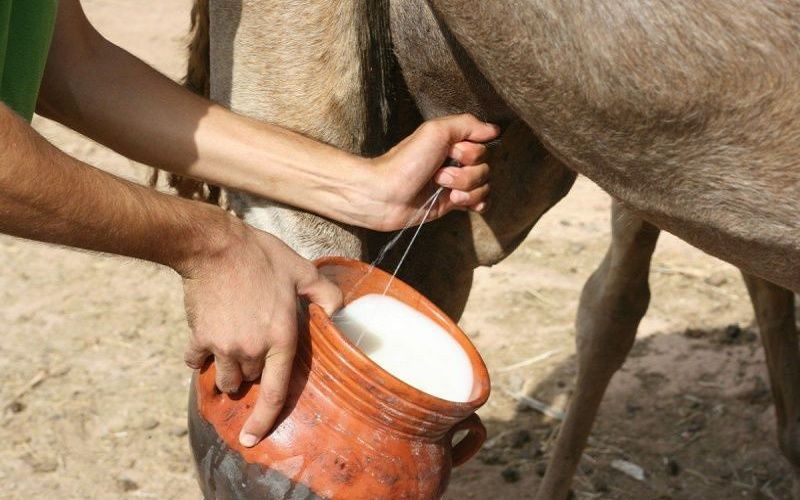Investors actively support the creation of camel milk farms in Saudi Arabia, the United Arab Emirates, Kazakhstan, and Mongolia
In recent years, camel milk has attracted more and more attention from investors and researchers in various countries, including Saudi Arabia, the UAE, Kazakhstan and Mongolia. This nutrient-rich and low-allergenic product is becoming an object of active investment and development of farms.

The UN has declared 2024 the International Year of Camels, highlighting the importance of this animal in the global agricultural industry. Camel milk, known for its high milk content in Arab camels, is becoming the subject of intensive dairy operations.
In sub-Saharan Africa, camels already produce a significant proportion of milk, with Kenya, Somalia and Mali leading the way in this regard. FAO notes that camel milk not only provides additional food resources for regions with unfavorable climatic conditions, but also represents a potential source of income for nomadic pastoralists.
In Saudi Arabia, for example, the State Investment Fund has established a new company to support camel farming as part of a strategy to diversify the economy. This indicates a growing interest in camel milk as a promising agricultural product.
Camel milk is already exported to various countries, including the EU and the UK. Some companies, such as Al Ain Farms and Camelicious, offer a variety of camel milk-based products such as fresh and flavored milk, powdered milk, ice cream and coffee drinks.
In addition to investments, camel breeding is increasingly using advanced reproductive techniques, including cloning, to improve milk and meat production. These technologies, developed for racing and camel "beauty contests", can also be used in the agricultural sector to increase productivity and product quality.
In sub-Saharan Africa, camels already produce a significant proportion of milk, with Kenya, Somalia and Mali leading the way in this regard. FAO notes that camel milk not only provides additional food resources for regions with unfavorable climatic conditions, but also represents a potential source of income for nomadic pastoralists.
In Saudi Arabia, for example, the State Investment Fund has established a new company to support camel farming as part of a strategy to diversify the economy. This indicates a growing interest in camel milk as a promising agricultural product.
Camel milk is already exported to various countries, including the EU and the UK. Some companies, such as Al Ain Farms and Camelicious, offer a variety of camel milk-based products such as fresh and flavored milk, powdered milk, ice cream and coffee drinks.
In addition to investments, camel breeding is increasingly using advanced reproductive techniques, including cloning, to improve milk and meat production. These technologies, developed for racing and camel "beauty contests", can also be used in the agricultural sector to increase productivity and product quality.
Key News of the Week










